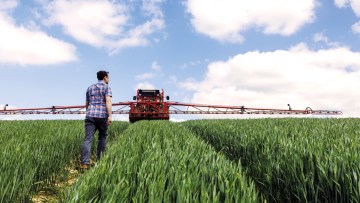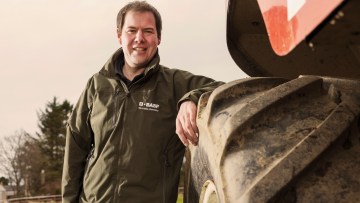SPRING 2024
On Farm with Steve Crayston
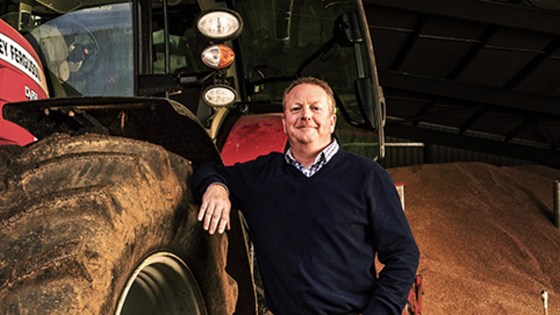
About Steve
Steve’s family farm is in North Essex in the small village of Pebmarsh. The land lies in two separate blocks, eight miles apart and totalling 1,000ha. Soils are medium to heavy and winter wheat is established by direct drilling.
“This year we're growing winter wheat, maize, borage, oilseed rape and rye. We've been very fortunate that we haven't had to change our cropping plan to any great extent due to the bad weather.”
Availability of an end market is a key consideration for Steve when deciding on varieties. On the farm this year he has Extase and Palladium, which are both group 2s, Astronomer and Elicit soft group 3s, and some Oxford, which he’s trialling, a hard group 4 feed wheat variety, which Steve hopes will be used as a barn filler.
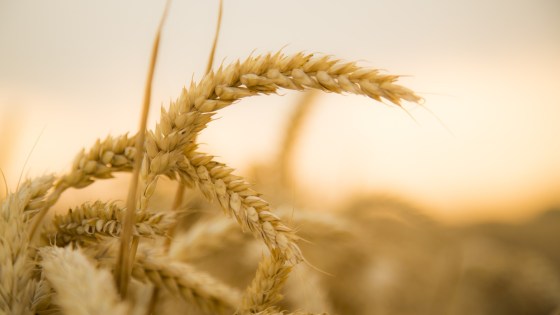
Resilient Disease Control
Steve strives to achieve resilient disease control through selecting the best variety for the area and using a robust spray programme, including a T0. There is high yellow rust pressure in the area and he feels a T0 is essential to counter this.
Resistance management is vital, and for Steve, it starts with the choice of variety. “We'll look for agronomically the most robust wheat we can to start with, and we'll follow that up with a full robust programme of chemistry. We start with our T0, followed by our yield building T1s, T2s, and then try to encourage decent grain quality, again with a robust T3. I don’t like to see rates reduced.”
"We look for a chemical that has good efficacy, decent staying power - if our timings get stretched, then we want it to survive for as long as possible, and good adaptability too.”
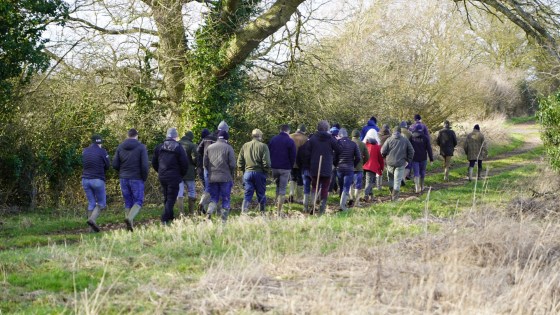
Involvement with Real Results
Steve has been involved in BASF’s Real Results Circle since 2019 and credits it with giving him the confidence to do proper on farm trials on his own farm.
“We have done several trials with Revystar XE and having the backing of BASF ensures they are done in an organised, scientific manner which gives proper results. We can then glean the correct data that we need from those results and make informed decision to move the farm forward.”
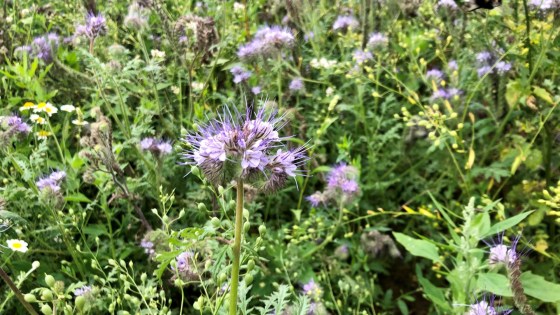
SFI
Intermingled with the crops, Steve has several SFI options, from wild bird food through to pollen and nectar mixes and legume fallow cover crops.
“I believe it is important to look after the environment at the same time we are producing food.”
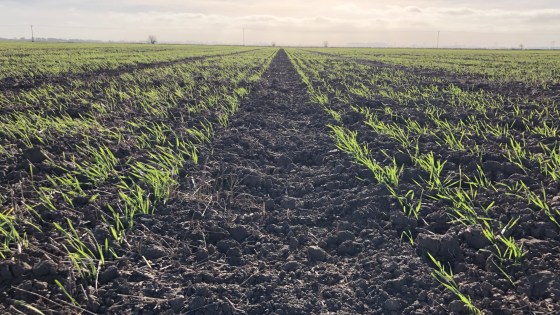
Autumn 2023 & Spring 2024
“We were fortunate that we got all of our wheat drilled just prior to the rain starting in October.”
“The majority looks reasonable; however, the root growth will be compromised due to the amount of water that's been in the soil. It's not really dried out all winter.
Disease wise, yellow rust is visible in the crop now. It's carried over from the autumn due to the mild winter that we've had. We have been fortunate in that we have been able to get on the land, and as of 14th March all the wheats have had their first fertiliser application of 60 kgN/ha.”
